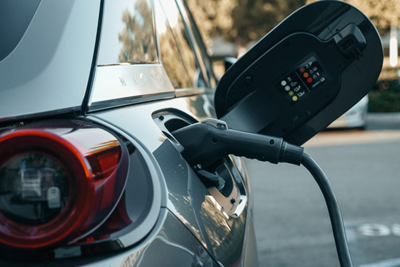A survey of Colorado’s small businesses found little support for increasing taxes, fees or assessments to pay for building infrastructure for charging electric vehicles.
The National Federation of Independent Business (NFIB) in Colorado conducted a four-question survey before the Colorado General Assembly begins its legislative session Jan. 9. The research also found small businesses aren’t in favor of Colorado's state agencies considering environmental, social and governance (ESG) factors when making investment decisions with financial institutions.
The NFIB of Colorado surveys its members annually on state and federal issues concerning the ability of small business owners to operate and grow their enterprises. Results from the research helps NFIB develop lobbying positions in Denver and Washington, D.C.
The survey found 91% of respondents were against Colorado imposing new taxes, assessments or fees on motorists, shipping or on commercial and residential energy consumption to pay for infrastructure to accommodate electric vehicles; 7% were for the increases and 2% were undecided.
The research revealed 74% of respondents were for Colorado prohibiting state agencies from doing business with financial institutions that adhere to principles “advocated by environmental and social justice groups.” The survey found 18% were against the proposal and 8% were undecided.
“Our members’ justified crankiness comes through loud and clear in our poll,” Tony Gagliardi, NFIB’s Colorado state director, said in a statement. “For a variety of reasons, this is not a good time for small-business owners, which means it’s not a good time to ask them to pony up more money for electronic vehicle (EV) infrastructure that they believe the EV industry should be coming up with, and it’s not a good time to sell them on woke business policies.”
Three of four respondents said Colorado should become a right-to-work state; 21% were against the concept and 4% were undecided.
When asked if individuals should be allowed to choose the pharmacy of their choice for their prescription drugs, 92% agreed, 5% disagreed and 3% were undecided.











